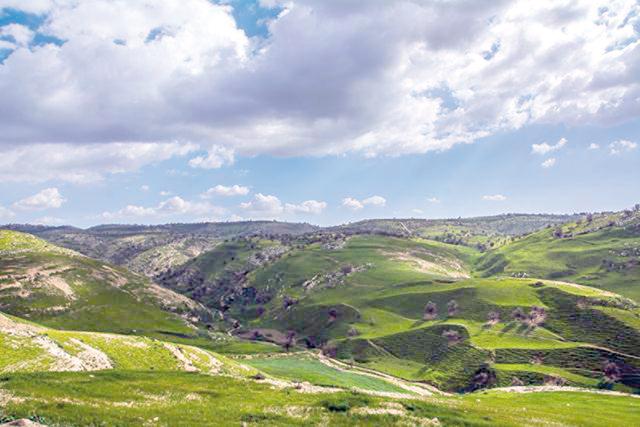By Maria Weldali – May 29,2022

Addressing the climate crisis, Jordan enacted a climate change bylaw in 2019, to establish an institutional and regulatory framework on climate change (File photo)
AMMAN — Jordan has become the first developing country to build digital infrastructure to track and calculate reductions in global greenhouse gas emissions, according to the World Bank.
“Jordan is a pioneer in the climate space,” said World Bank Senior Climate Change Specialist Harikumar Gadde, noting that “Jordan is the first developing country in the world to have this kind of comprehensive system”.
The digital infrastructure includes Monitoring, Reporting and Verification (MRV) systems with Greenhouse Gas (GHG) emissions and emission reductions data linked to national or international registries, the World Bank website said.
The World Bank added that the Kingdom is the first developing country to build MRV and GHG systems to international standards, setting its MRV system to track emissions in energy, transport and agricultural sectors.
Addressing the climate crisis, Jordan enacted a climate change bylaw in 2019, to establish an institutional and regulatory framework on climate change.
Meanwhile in 2020, the country launched a 10-year long National Energy Sector Strategy to decrease carbon emissions by 10 per cent in 2030, thereby reducing its reliance on imports.
According to the World Bank, Jordan faces various climate challenges including temperature increases, precipitation decreases, increased incidents of drought and water lost to evaporation.
Besides Jordan, countries like Chile, Ghana, Singapore and Vanuatu are also building digital infrastructure to meet climate change goals and support their participation in international carbon markets.
“The digital revolution significantly contributes to climate action and is an integral component in addressing environmental challenges” Celina Varouqa, a Jordanian technology expert, told The Jordan Times on Sunday.
Technological aspects need to be implemented into policymaking, that way sustainable decisions and goals would be achieved, she added, noting that “the Kingdom has always taken meaningful commitments in the digital and environmental sectors and this project combines those two industries”.
The arising digital transformation the pandemic has unleashed, should be positively utilised, said Noor Ahmad who is both a digital specialist and a climate activist.
“The most important aspect in all of that is having bold and policy-driven actions that would build sustainable digital infrastructure and capacity,” she highlighted.
